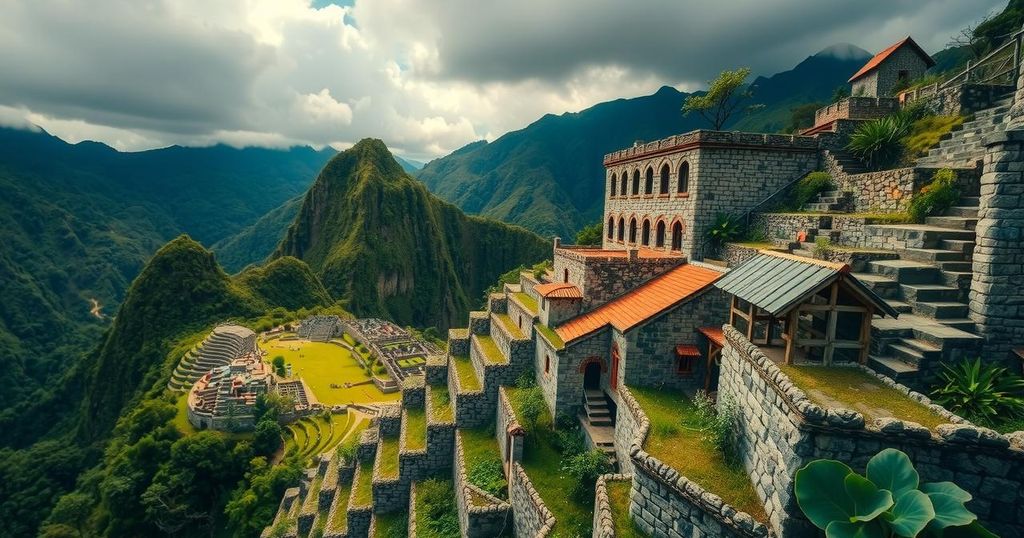The struggle for Colombian independence began with the 1810 uprising against Spanish rule, leading to the formation of Gran Colombia in 1819. Internal discord among factions and regional conflicts persisted, culminating in the eventual resignation of Simón Bolívar in 1830, as Venezuela and Ecuador seceded, reflecting the challenges of maintaining unity in the new republic. The rivalry between liberals and conservatives emerged, setting the stage for future conflicts.
The tumultuous period following the French invasion of Spain in 1808 catalyzed a fervent drive for independence within New Granada, now Colombia. The upheaval led to an initial revolt on July 20, 1810, which is celebrated as Colombian Independence Day. This event marked the beginning of a series of struggles against Spanish control, characterized by civil conflicts and differing visions on governance among local leaders. Although independence was declared in 1811, various factions, such as Creole centralists and provincial federals, contributed to instability, culminating in civil wars that allowed for temporary Spanish reconquests from 1814 to 1816.
General Francisco de Paula Santander emerged as a prominent leader for republican forces following these defeats. Later, under the influence of Simón Bolívar, efforts were made to establish a federal government, leading to decisive victories over the Spanish in 1819 and 1821. The Congress of Angostura culminated in the advent of Gran Colombia, a republic that encompassed present-day Colombia, Venezuela, Ecuador, and Panama, with Bolívar serving as its president. However, internal dissensions soon fractured unity, resulting in Bolívar’s declining influence and eventual resignation in 1830. By that year, both Venezuela and Ecuador had seceded, leaving New Granada to forge its path amid growing political strife.
During the presidency of Santander from 1832 to 1837, the nation experienced a brief period of growth, though it was later marred by a civil war in 1840 that stifled industrial progress and regional trade. The burgeoning rivalry between liberal and conservative factions intensified, culminating in violent upheaval that would persist until the early 20th century, indicating the complex and often tumultuous trajectory of Colombia’s early republican years.
Colombia’s early independence was shaped by geopolitical upheavals such as the French invasion of Spain, which weakened Spanish authority and ignited aspirations for self-determination among its colonies. The struggle for control over governance revealed deep-rooted divisions among local leaders and set the stage for a protracted period of conflict characterized by attempts at regional and national organization. The establishment of Gran Colombia attempts to unify the newly independent regions but ultimately resulted in division and continued internal conflicts that reflect the challenges the nation faced in consolidating its sovereignty and political identity post-independence.
In summary, the struggle for Colombian independence was a complex narrative marked by initial aspirations for self-governance, subsequent civil discord, and the challenges of uniting diverse political interests within Gran Colombia. The era from the early 19th century up to the establishment of distinct national identities in the 1830s highlights a significant phase in Colombia’s history, characterized by both bravery in warfare and the internal struggles that obstructed unity and stability.
Original Source: www.britannica.com






